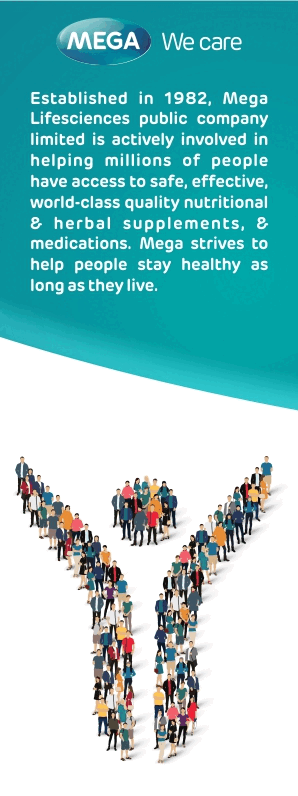Assessment of Predictors and Effect of Disclosure of HIV Seropositive Status to Sexual Partner among HIV Positive Pregnant Women Attending Antenatal Care in Four Teaching Hospitals in Addis Ababa
DOI:
https://doi.org/10.69614/ejrh.v14i2.526Keywords:
Disclosure, HIV, PMTCTAbstract
Background: It is very crucial that women have the ability to disclose safely the status of being HIV-positive to male partners for the uptake as well the continued use of methods of mother-to-child transmission (PMTCT) services. The majority of the women are afraid to disclose their serostatus to their partners due to denial, blame, physical violence, and lack of financial support. Because of these reasons they discontinue the ANC follow-up and ARV medication for them as well as the baby. In Ethiopia, there are not many studies done to exploring HIV positive status disclosure to partners, the predictors, and the effects of disclosure of HIV positive status among HIV positive women during pregnancy.
Method: A cross-sectional study was conducted among 328 HIV-positive pregnant women who were attending ANC in four teaching Hospitals in Addis Ababa. Data was collected using a pretested structured questionnaire and SPSS- 21 version was used to analyze the data.
Result: Among the study participants 80% of the women had disclosed their HIV status to their partner. Presence of partner discussion before HIV test, the duration of the relationship between the couples, and knowing partner’s HIV status were found to be strongly associated with their disclosure and those with status disclosure to the partners are 12 times more likely to utilize the PMTCT services than those with no disclosure (COR 12.01(3.64-39.81).
Conclusions: The HIV-positive status disclosure among pregnant women is found to be high in our study. It is showed that those women with no disclosure were found to have less in PMTCT programs. It is very important to note that proper uptake of and continued utilization of all PMTCT programs is hugely affected by women's disclosure of their HIV-positive status to their partners.
References
2. Molatelo Elisa Shikwane OMV-L, Stephen M. Weiss, Karl Peltzer, Deborah L. Jones. . HIV knowledge, disclosure and sexual risk among pregnant women and their partners in rural South Africa. J. ournal des Aspects Sociaux du VIH/SIDA JUIN 2013;10: 2.
3. Organization WH. HIV status disclosure to sexual partners: Rates, Barriers and outcomes for women. 2004.
4. Sendo EG, Cherie A, Erku TA. Disclosure experience to partner and its effect on intention to utilize prevention of mother to child transmission service among HIV positive pregnant women attending antenatal care in Addis Ababa, Ethiopia. BMC Public Health. 2013;13:765.
5. Amy Medley CG-M, Scott McGill and Suzanne Maman. Rates, barriers and outcomes of HIV serostatus disclosure among women in developing countries Bulletin of World Health Organization. April 2004;82:4.
6. Roxby AC, Matemo D, Drake AL, Kinuthia J, John-Stewart GC, Ongecha-Owuor F, et al. Pregnant women and disclosure to sexual partners after testing HIV-1-seropositive during antenatal care. AIDS Patient Care STDS. 2013;27(1):33-7.
7. Maricianah A Onono CRC, Mable Jerop, Elizabeth A Bukusi and Janet M Turan HIV serostatus and disclosure: implications for infant feeding practice in rural south Nyanza, Kenya. Onono et al. BMC Public Health 2014;14:390.
8. Melonie M Walcott AMH, Zachary Kwena4 and Janet M Turan. . Facilitating HIV status disclosure for pregnant women and partners in rural Kenya: a qualitative study. BMC Public Health 2013;13:1115
9. Pride Mucheto AC, Gerald Shambira et al. . Determinants of nondisclosure of HIV status among women attending the prevention of mother to child transmission programme, Makonde district, Zimbabwe. Pan African Medical Journal 2011;Vol. 8 No. 1.
10. Patel R, Ratner J, Gore-Felton C, Kadzirange G, Woelk G, Katzenstein D. HIV disclosure patterns, predictors, and psychosocial correlates among HIV positive women in Zimbabwe. AIDS Care. 2012;24(3):358-68.



